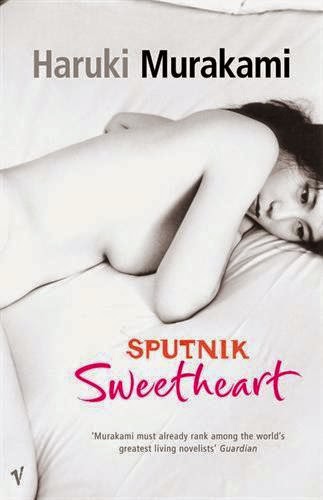Today is December 29, and I am approximately one-third of the way through my thirty-first book of the year, and I probably won't finish by Wednesday. I have read a grand total of 30 books for the year 2014. Of course, my goal was 50, and I would be disappointed, but someone tweeted me this yesterday:

When I started this reading challenge, I knew that 50 books in one year was a lofty goal. Fifty was always kind of an arbitrary number. I knew it wouldn't bother me very much if I didn't finish, as long as I stuck with it throughout the entire year—and that I did. Even though some months passed in which I finished only one or two books, I never went anywhere without a paperback in my purse or a digital copy of something on iBooks. I seriously read a lot of great books this year, and it has been my most fruitful New Year's resolution to date by far.
My biggest realization is that to truly enjoy a book, you've got to take your time, and you've got to read it more than once. I didn't do either one of these things this year, in the interest of completing my goal. Even though 2014 is ending, the challenge isn't (especially since my friend/blogger maven Tyece so graciously included me in her list of 50 Blogs To Take Into 2015—check it out!). 50 Books In 2014 will remain a space where I document and review all the fantastic literature I consume, and hopefully inspire others to read some of the same titles (or any titles, really). Here are some graphs.
Weren't those cute? Special shout outs to: Paolo Coelho for writing the best book I read all year (The Alchemist); Kevin Kunitake for lending me several of these books and being a great literary conversationalist; Amazon for making it possible for me to order books for as low as $0.01 plus S&H; Tyece Wilkins for reading and supporting the blog via Twenties Unscripted; my online pal Courtney for appreciating the blog and being a fellow bookworm; and to everyone who supports my reading habit in one way or another. See you next year!
































